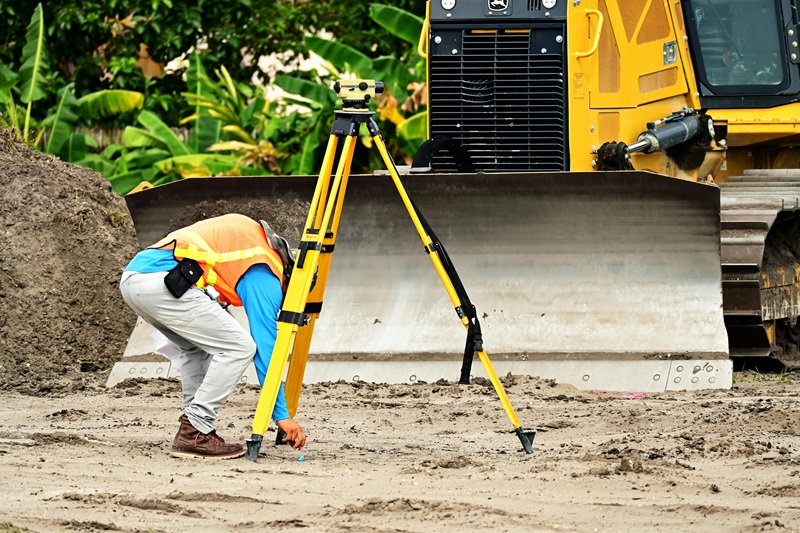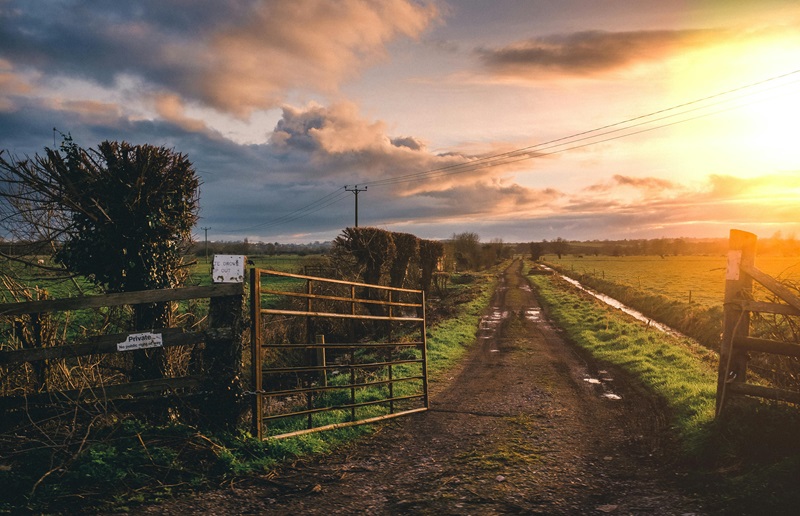by Harry Asnien
Share
by Harry Asnien
Share

Introduction
Have you ever wondered if your land’s worth has changed over the years? Many owners hold property for decades without knowing its true market value. Understanding the factors that shape your land’s worth can help you make informed decisions—whether you plan to keep it, improve it, or consider selling. In this article, we’ll break down key influences on land value and offer clear steps to help you determine where your property stands today.
Defining Land Value
Land value is not just a number—it’s a measure of what someone is willing to pay for a given piece of property. This worth is shaped by various factors, including the property’s location, size, accessibility, and potential uses. Unlike a house with set features, raw land’s value often hinges on its possibilities.
Why Land Value Matters
Knowing what your land is worth can guide future decisions. For example, if you discover the property’s value has risen, it might be a good time to reassess your goals or consider leveraging that value. Conversely, understanding a lower valuation can prompt improvements or help set realistic expectations when planning a sale.
Actionable Steps to Determine Your Land’s Value
- Research Comparable Sales: Look at recent sales of similar properties in your area.
- Review Zoning and Land Use Regulations: Certain designations can greatly influence what can be built.
- Consult Maps and Surveys: Topography, soil quality, and access points play a role in usability and value.
- Consider Lay of the Land: Flood zones, wetlands, debris, neighbors, and type of road access all play a large role in defining a property’s value.
Common Misconceptions or Challenges
A common misconception is that land automatically appreciates. Factors like zoning changes, environmental restrictions, or shifting market conditions can affect value unexpectedly. Another challenge is relying on an old valuation. Markets evolve, so staying updated is key.
Conclusion
By understanding the influences on land value—from location and zoning to market conditions—you gain the knowledge needed to confidently evaluate your property. Keeping an eye on the market, doing your research, and seeking professional input where needed can ensure you know what your land is truly worth, no matter how long you’ve owned it.
STAY IN THE LOOP
Subscribe to our free newsletter.
Leave A Comment
Understand zoning rules so you can make informed decisions before selling your property.
Discover how to resolve title issues, ensuring clear and confident ownership of your property.
Learn to interpret surveys so you can clarify boundaries, confirm acreage, and understand your property fully.





